10 Controversial Opinions About the Death Penalty in Singapore
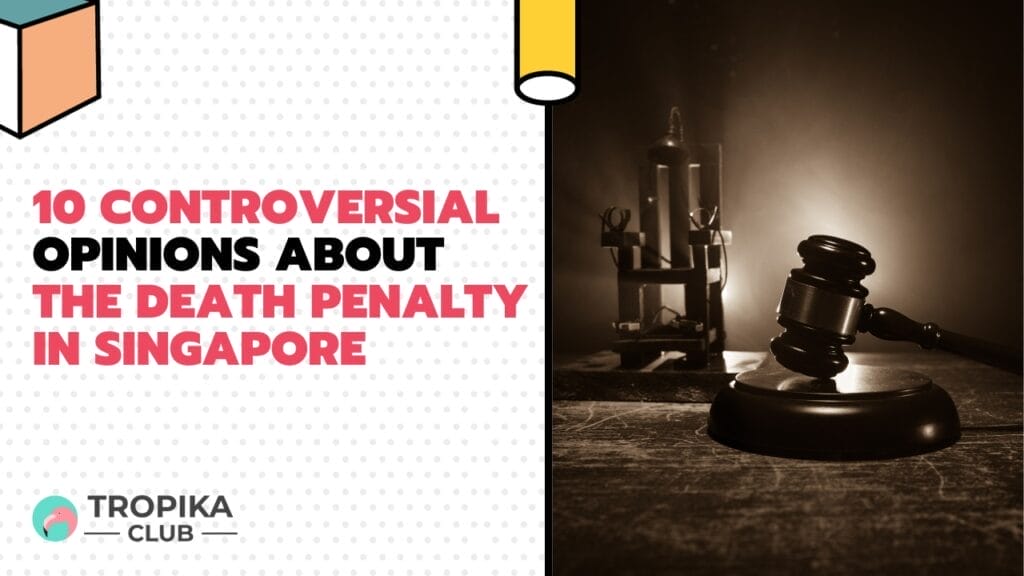
No Time to Read? Here’s a Snappy Summary of This Article
- High Global Interest: Singapore’s death penalty system sparks international debate and curiosity due to its strict enforcement.
- Stringent Drug Laws: Singapore maintains some of the world’s harshest drug-related penalties, including mandatory death sentences for certain offenses.
- Controversial Deterrence: The death penalty’s effectiveness in deterring crime remains a topic of contention in Singapore and globally.
- Exceptionally Low Crime Rates: Singapore’s low crime rates raise questions about whether the death penalty contributes to this success.
- Advocacy and Abolition Efforts: There are ongoing efforts by activists and organizations to challenge and abolish the death penalty in Singapore.
- The Political Landscape: The death penalty in Singapore is deeply intertwined with the country’s political and legal systems.
Table of Contents
- No Time to Read? Here’s a Snappy Summary of This Article
- 1. A Necessary Deterrent
- 2. Violation of Human Rights
- 3. Economic Factors
- 4. Moral Quandary
- 5. International Reputation
- 6. Effectiveness in Reducing Crime
- 7. Public Opinion
- 8. Judicial Fallibility
- 9. Cultural Context
- 10. The Future of the Death Penalty
- Meanwhile, Check Out Tropika Club’s Ecosystem of Websites
Introduction
The death penalty is a subject that has long been a topic of heated debate in Singapore. While some view it as a necessary evil to maintain law and order, others argue that it’s a violation of human rights. The conversation is far from black and white, and it’s a topic that elicits strong opinions from all corners of society. In this article, we delve into 10 controversial opinions about the death penalty in Singapore, aiming to shed light on the complexities of this divisive issue. Buckle up, because we’re about to take you on a rollercoaster of perspectives.

1. A Necessary Deterrent
The death penalty serves as a strong deterrent against heinous crimes like murder and drug trafficking, argues its proponents. They believe that the fear of losing one’s life is a powerful motivator to steer clear of criminal activities. In a society like Singapore, where safety and order are highly valued, the death penalty is seen as an essential tool for maintaining a harmonious environment.

2. Violation of Human Rights
Critics of the death penalty argue that it is a blatant violation of human rights. They point out that taking a life as a form of punishment is inhumane and irreversible. In cases where the judicial system may err, the consequences are devastating and irreversible. For these critics, the sanctity of human life should be upheld above all else.

3. Economic Factors
Maintaining prisoners for life sentences can be a significant economic burden on the state. Proponents argue that the death penalty, in contrast, is a more cost-effective solution. However, critics counter that the legal proceedings leading up to an execution can also be costly, negating any supposed economic benefits.
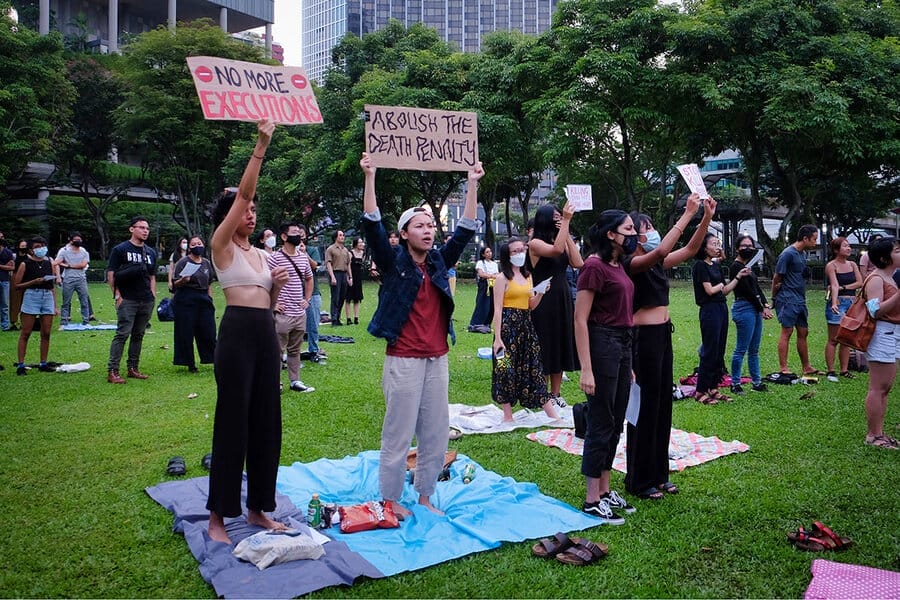
4. Moral Quandary
The death penalty poses a moral dilemma that divides society. While some believe that certain crimes warrant the ultimate punishment, others argue that no one has the right to take another’s life. This moral quandary adds another layer of complexity to the debate, making it a deeply divisive issue.

5. International Reputation
Singapore’s use of the death penalty has often been criticized by international human rights organizations. Critics argue that this tarnishes the nation’s reputation on the global stage. However, proponents counter that Singapore should prioritize its internal affairs over international opinion.

6. Effectiveness in Reducing Crime
One of the most contentious points is whether the death penalty is effective in reducing crime rates. While some studies suggest a correlation, critics argue that these are inconclusive and that other factors, such as social programs and policing, play a more significant role.
_
Read Also:
6 Things Everyone Gets Wrong About Cats
_
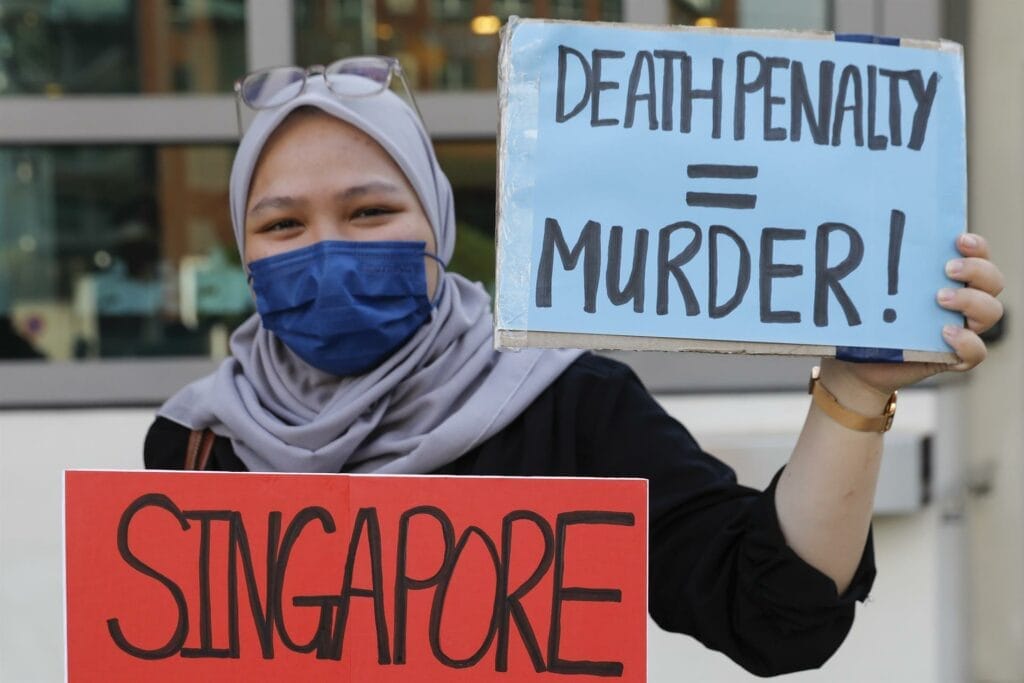
7. Public Opinion
Public opinion on the death penalty in Singapore is varied. While older generations may be more supportive, younger Singaporeans are increasingly questioning its ethical implications. This generational divide adds another facet to the ongoing debate.

8. Judicial Fallibility
The possibility of judicial error is a significant concern for those opposed to the death penalty. They argue that the risk of executing an innocent person is too high a price to pay for the supposed benefits of capital punishment.
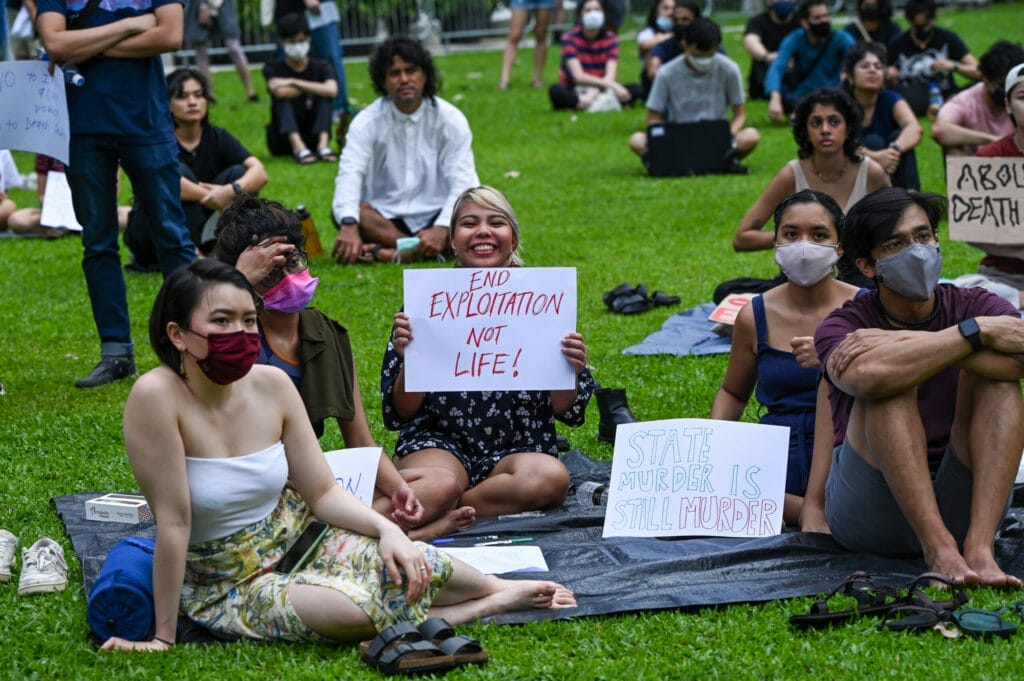
9. Cultural Context
Singapore’s unique cultural context plays a role in shaping opinions on the death penalty. The nation’s diverse religious and ethical beliefs contribute to the wide range of perspectives on this issue.
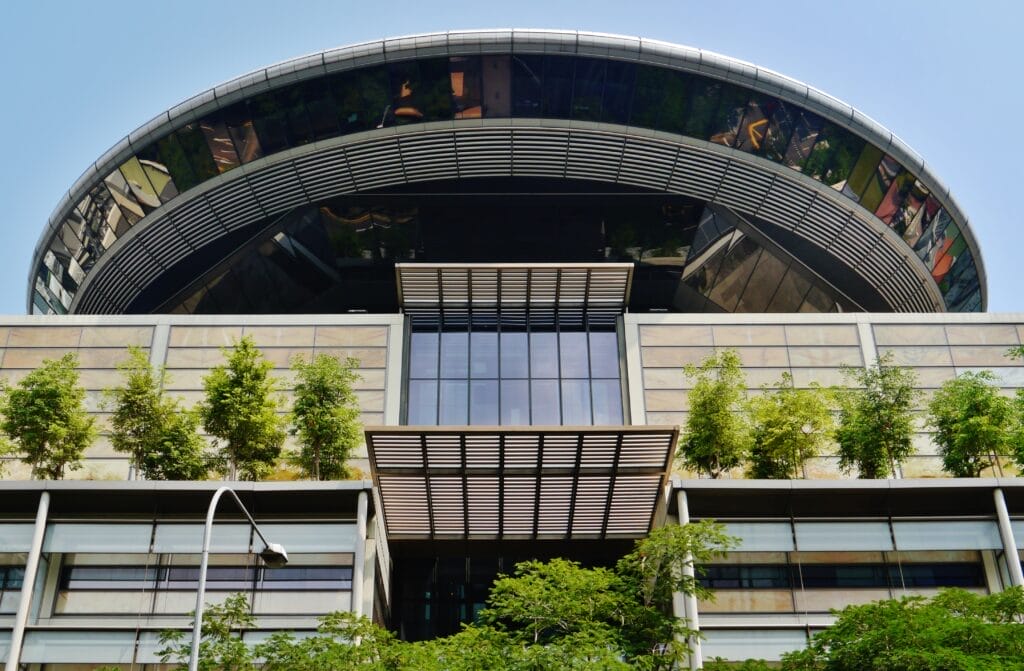
10. The Future of the Death Penalty
As Singapore continues to evolve, the future of the death penalty remains uncertain. With increasing international pressure and changing public opinion, it’s a topic that will continue to be debated for years to come.
Conclusion
The death penalty in Singapore is a complex and divisive issue that elicits strong opinions from all sides. Whether you view it as a necessary deterrent or a violation of human rights, one thing is clear: the conversation is far from over. As society evolves, so too will the perspectives on this controversial subject. But for now, the debate rages on, as impassioned as ever.

Frequently Asked Questions (FAQ)
Q: Is the death penalty still in use in Singapore?
A: Yes, the death penalty is still in use in Singapore, primarily for serious drug trafficking and murder cases.
Q: What are some arguments in favor of the death penalty in Singapore?
A: Supporters argue that it serves as a strong deterrent against heinous crimes, ensuring public safety and protecting society.
Q: Are there any recent changes in Singapore’s death penalty laws?
A: As of my last knowledge update in September 2021, there were no significant changes to Singapore’s death penalty laws. It’s advisable to check the latest news and legal updates for any changes since then.
Q: What is the process for carrying out the death penalty in Singapore?
A: Execution in Singapore typically involves hanging, and the entire process is highly secretive, with limited information made public.
Q: Is there any international pressure to abolish the death penalty in Singapore?
A: Singapore has faced criticism from some international human rights organizations for its use of the death penalty. However, the government has maintained its stance on its necessity for maintaining law and order.
Q: What alternatives to the death penalty are being considered in Singapore?
A: Some have suggested exploring alternative sentencing options, such as life imprisonment without parole, as a substitute for the death penalty in certain cases. However, this remains a subject of debate and discussion within the country.

Have an Article to Suggest?
Tropika Club is always looking for new and exciting content to feature in their magazine and they value the input of our readers. If you have any noteworthy content or articles that you believe would be a great addition to Tropika Club’s magazine, we are open to suggestions and encourage you to reach out to us via email at [email protected]. By doing so, Tropika Club values your expertise and knowledge in the matter and appreciates your willingness to help. We will review your recommendations and update our list accordingly
Meanwhile, Check Out Tropika Club’s Ecosystem of Websites
Tropika Club Magazine – Tropika Club Magazine is a Singapore-based publication that features articles on a wide range of topics with a focus on local businesses and content for the region. The magazine emphasizes supporting local businesses through its #SupportLocal initiative, which includes coverage of everything from neighborhood hawker stalls to aesthetic clinics in town. In addition to highlighting local businesses, Tropika Club Magazine also covers a variety of local content, including beauty, lifestyle, places, eats, and what’s on in Singapore and the Asia Pacific region.



